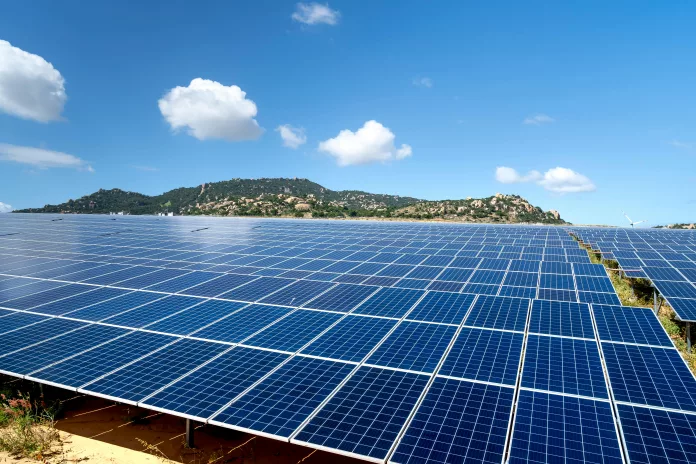In a remarkable turn of events, Europe’s coal and gas electricity generation saw a massive decline in 2023, marking a pivotal moment in the continent’s energy transition, as reported by Ember, a leading energy think tank. This shift not only signifies changes in energy production but also paints a hopeful picture of reduced environmental impact.
Record Drop in EU’s Power Emissions
The plunge in electricity production from coal and gas brought about an impressive decrease in the EU’s power sector emissions by 19%. This environmental milestone was further highlighted by the fact that wind power generation surpassed gas, representing 18% of Europe’s electricity, nudging ahead of gas’s 17%. Such a shift underlines the changing dynamics in the continent’s energy mix.
Rise of Renewable Energy in Europe
Wind and solar energy have emerged as the frontrunners in Europe’s energy transformation, reaching a combined 27% of the EU’s electricity generation in 2023. Solar energy alone accounted for 9%, while hydroelectric power also exhibited a strong recovery. Together, renewable energy sources reached a record-breaking 44% of the EU’s power mix, reflecting Europe’s accelerating move towards clean energy solutions.
The Downward Trend of Fossil Fuels
According to Sarah Brown, Ember’s Europe program director, “The EU’s power sector is mid-way through a monumental transformation.” Fossil fuels are rapidly losing ground as the backbone of Europe’s electricity supply shifts towards wind and solar energy. Notably, the drop in fossil fuel usage wasn’t solely due to their replacement by renewables. A decrease in overall electricity consumption, particularly by industries, also played a significant role, with a 3.4% decline in demand from the previous year.
Future Electricity Demand and Renewable Energy Goals
While the current trend shows a reduction in electricity use, the rise of electric vehicles (EVs), heat pumps, and other electrification efforts are poised to drive up electricity demand in the future. The need for renewables to keep pace with this anticipated growth is crucial, given the EU’s ambitious target for wind and solar to supply 55% of its power by 2030.
Europe’s Growing Reliance on Clean Energy
Ember’s report also highlighted that Europe increasingly turned to wind and solar in 2023, with a significant number of hours where less than a quarter of electricity came from fossil fuels. This is a major leap forward compared to the previous year and illustrates the EU’s commitment to a renewable-led energy system.
The Urgent Need for Continued Progress
The transformation of the EU’s energy landscape is rapid and ongoing, largely driven by the necessity of clean power and the urgency of the climate crisis. Coal and gas are gradually being edged out, with renewables stepping into the spotlight. However, this is not a time for complacency. Europe must continue to prioritize the deployment of wind, solar, and supporting technologies to maintain this positive momentum in the fight against climate change.

























